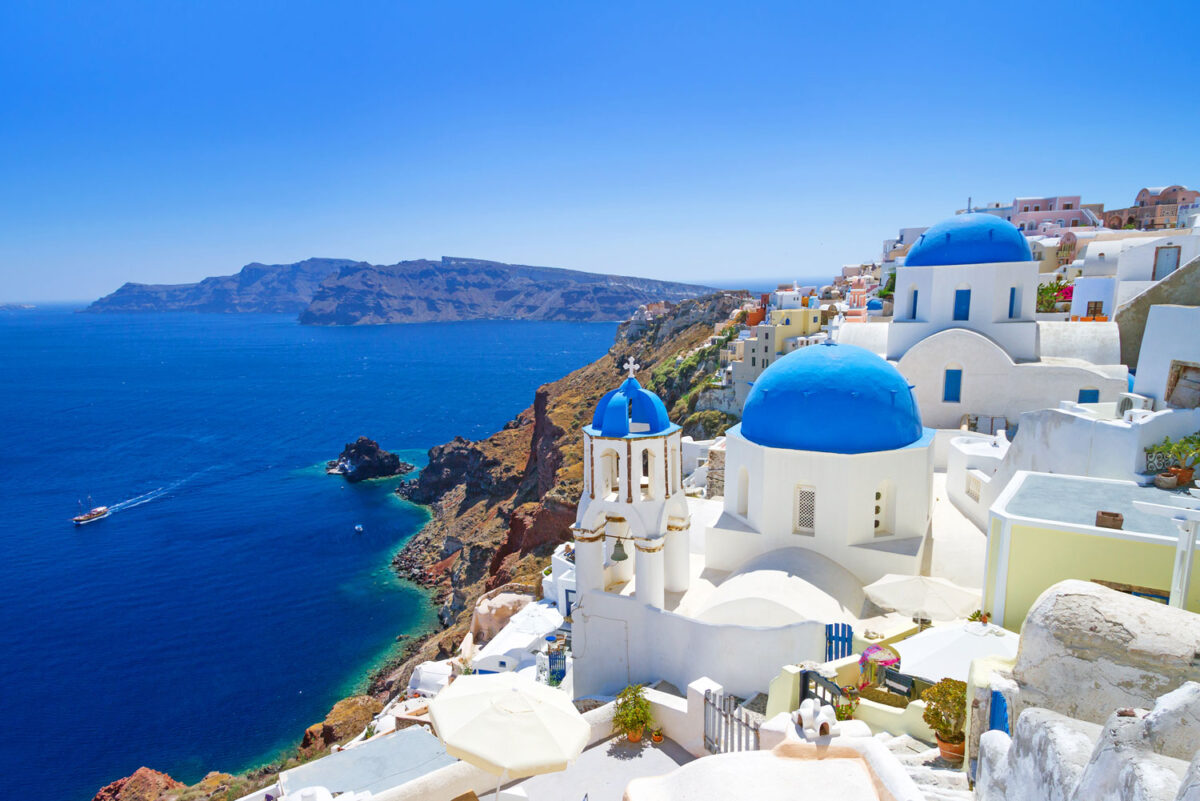We’ve all got that one mate who ‘did’ Europe, or a ‘never done before’ trip to South America (where they were so immersed in the culture they ‘forgot how to speak English’ after just two weeks…).
And if you don’t get it in real life, Instagram is full of it: mountains, temples, secluded beaches, Mediterranean cities—beautiful people having ‘authentic experiences’ and getting to know their ‘inner selves’ in the foreground.
A recent National Geographic study indicates that 80% of those people are probably posers. In an attempt to establish why some people have never-ending bucket lists (while others live vicariously online), researchers established the existence of DRD4-7R, a chromosome dubbed ‘The Wanderlust Gene’. It is found in 20% of humans, compelling those who posses it to constantly be on the move—and to take more risks than others.
Of course you can love travelling without possessing this gene, as Ayon Nandi, a researcher at John Hopkins university explained to Blake Snow at Entrepreneur, however it is one of three crucial ingredients.
“The interaction of genes, environment, and nurture come together in complex ways to produce the variety of human behaviour.”
So there you have it: a bona-fide excuse to book a spontaneous trip, or objective proof that your wannabe worldly mate’s still a flog.
RELATED: The Mysterious Reason Locals Are Jumping Off The Notorious Nazare Cliffs
